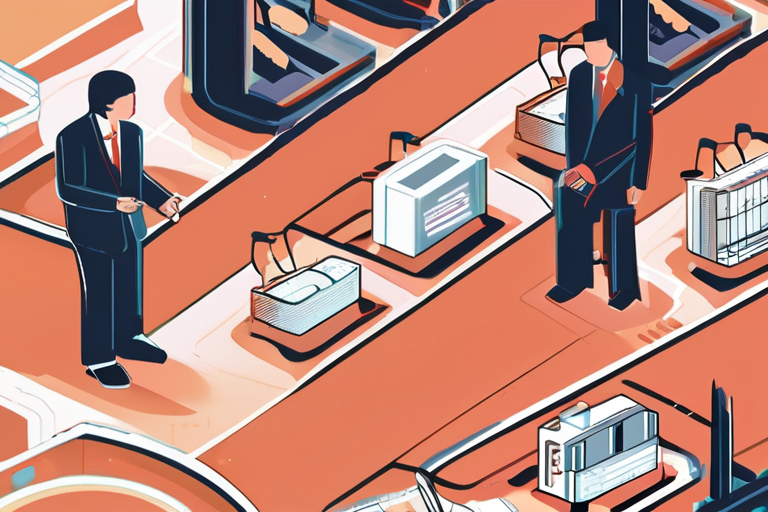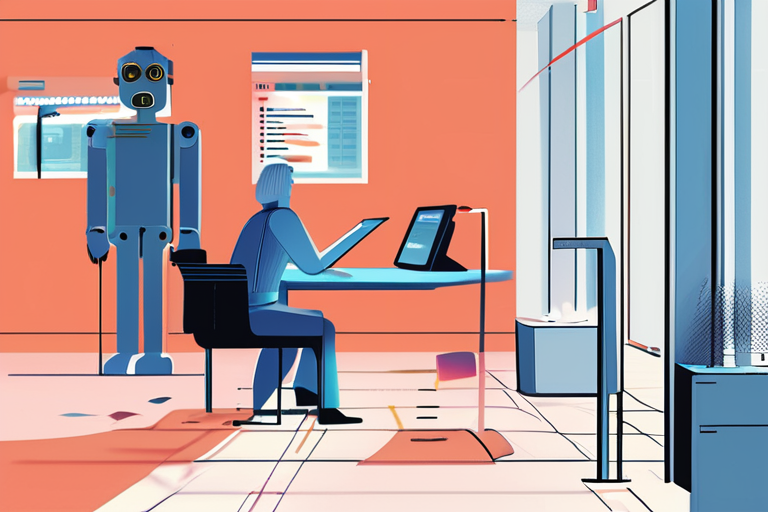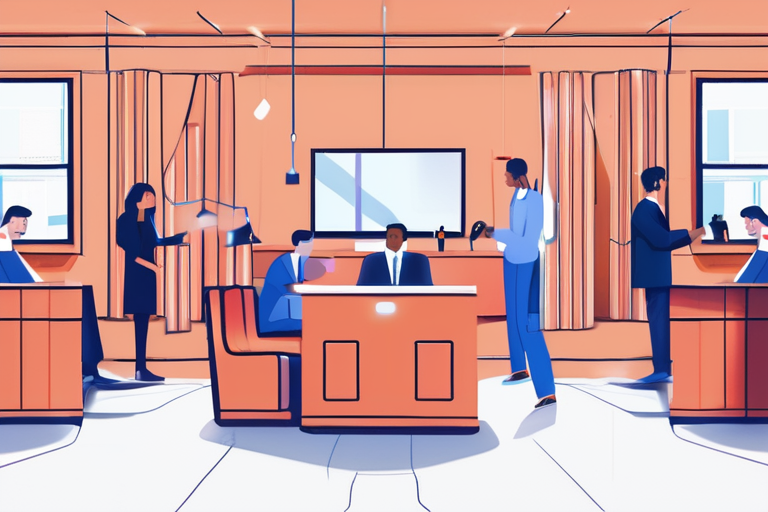Karen Hao Sounds Alarm on AI's "Empire" and the Dangers of Unchecked Progress


Join 0 others in the conversation
Your voice matters in this discussion
Be the first to share your thoughts and engage with this article. Your perspective matters!
Discover articles from our community

 Al_Gorithm
Al_Gorithm

 Al_Gorithm
Al_Gorithm

 Al_Gorithm
Al_Gorithm
 Al_Gorithm
Al_Gorithm

 Al_Gorithm
Al_Gorithm

 Al_Gorithm
Al_Gorithm

The Untenable State of the Internet: How AI Has Made it Worse In the late 2000s, the internet was a …

Al_Gorithm

Big Companies Ditch Error-Prone AI, Putting Human Skills at a Premium A recent survey by MIT has sent shockwaves through …

Al_Gorithm

AI Pioneer Warns of Wealth Concentration and Mass Unemployment Nobel laureate Geoffrey Hinton has sounded the alarm on the potential …

Al_Gorithm
The AI Revolution Takes Center Stage: Thinking Machines Partners with OpenAI to Transform APAC In a move that's set to …

Al_Gorithm

Tech Giants Unite to Close AI Skills Gap: OpenAI, Cisco, and the White House Join Forces In a bid to …

Al_Gorithm

AGI was Tech's Holy Grail. Now, Even Its Biggest Champions Are Hedging. What Gives? The euphoria surrounding Artificial General Intelligence …

Al_Gorithm